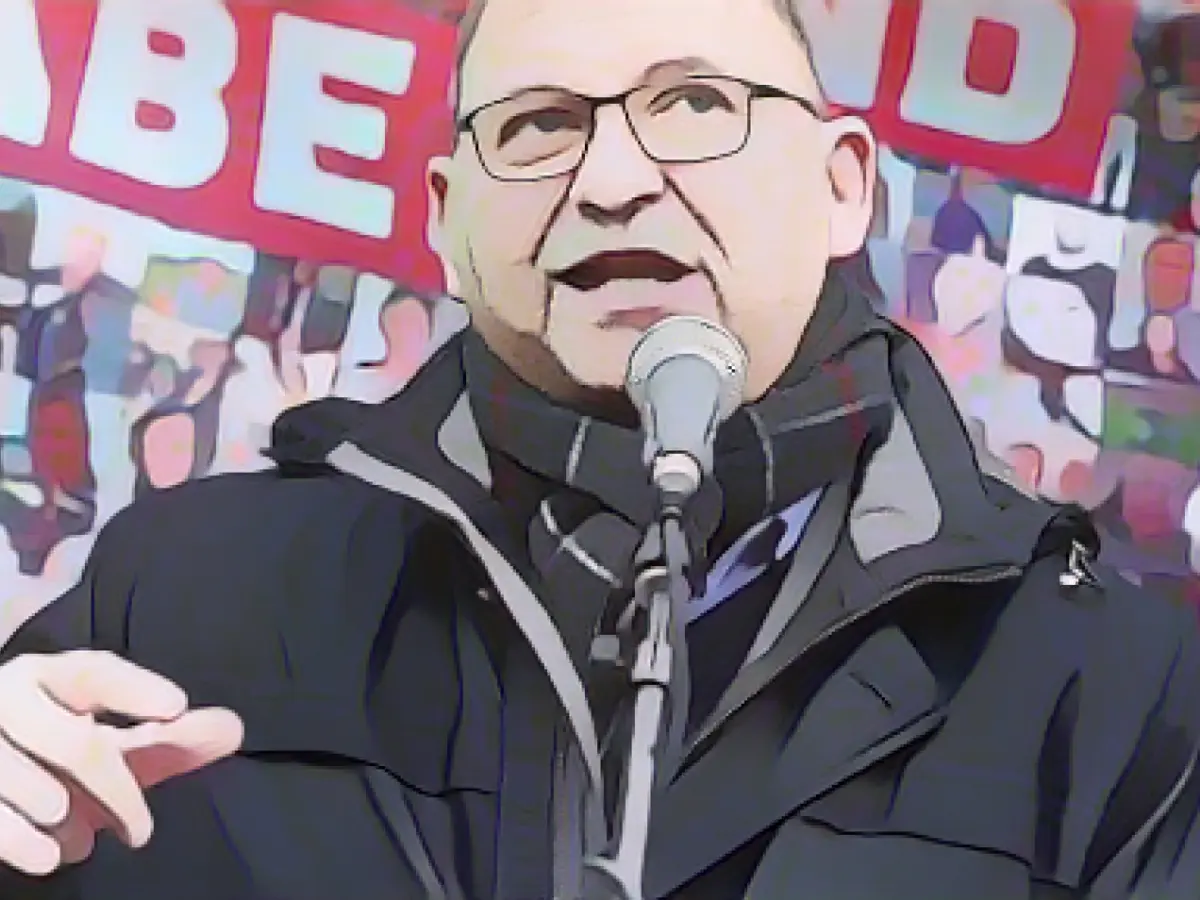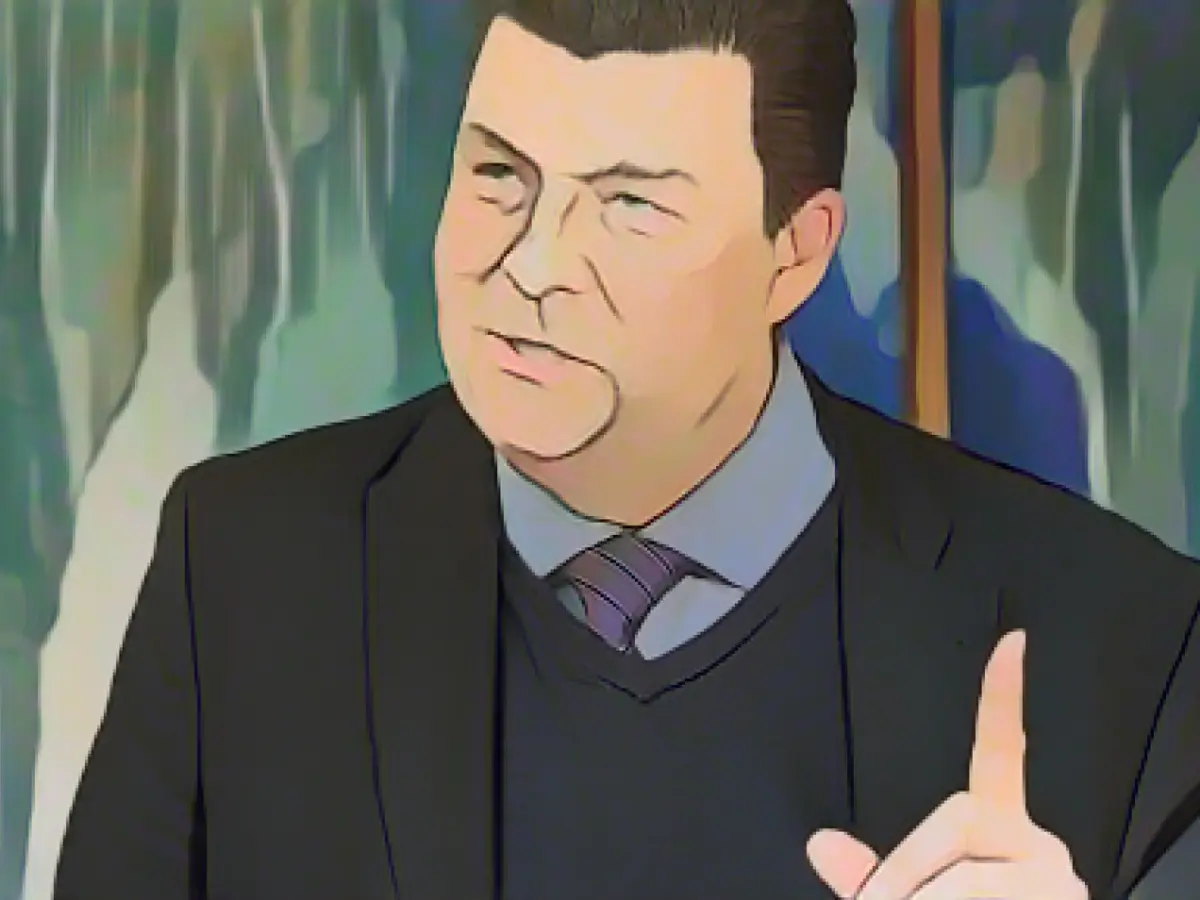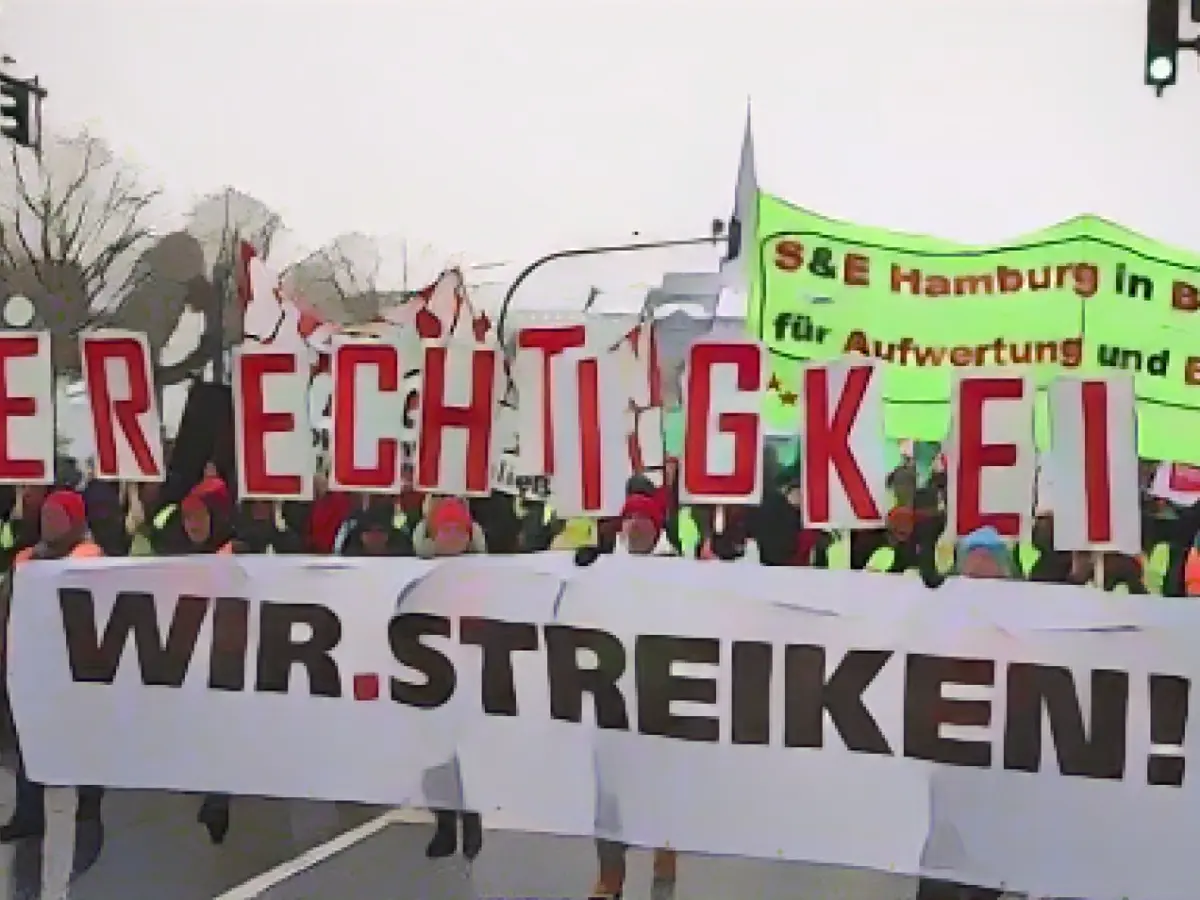Public Sector Wage Dispute: A Tense Standoff
The ongoing wage dispute between the public sector's employers and unions, including Verdi and the United Services Union, is creating a tense standoff. The employers have entered the final round of negotiations, signaling their willingness to compromise and reach an agreement. According to Hamburg's Senator for Finance, Andreas Dressel (SPD), the aim is to finalize an agreement during these talks and possibly extend them into the weekend.
Union leaders, such as Frank Werneke of Verdi, have made it clear that they seek a satisfactory resolution. If necessary, they will continue collective bargaining until they secure an agreement acceptable to the employees. The chairman of the dbb civil servants' association, Ulrich Silberbach, admits that pressure is building, and a failure to find a solution could result in further escalation.
Historically, public sector workers and their unions have faced a specific challenge in wage negotiations. During the previous wage dispute involving federal and local governments, unions demanded a 10.5 percent pay rise, with at least a €500 increase in income. Andreas Dressel announced the intention to adopt the structure of the April agreement for the public sector, with higher one-time payments and subsequent percentage increases.
The warning strikes in universities, university clinics, prisons, and administrations have already shown their strength. Both sides are aware of the need to find a solution, and further rounds of negotiations, including a potential fourth round, remain a possibility. Critically, the ongoing dispute could lead to a ballot for an enforced strike if negotiations fail to produce a satisfactory outcome.
Additional Perspectives
- Warning Strikes' Impact:
- Verdi has led warning strikes at organizations such as BVG and Deutsche Post, putting pressure on employers to accept wage demands. Recently, Deutsche Post employees staged strikes for more than three weeks, causing temporary delivery delays.
- Union Approaches:
- Verdi's strategy of isolated strikes has sparked debate. While some argue it helps manage the situation and avoid disrupting the federal election, others believe it limits the potential for a broader, more impactful strike movement.
- Broader Political Context:
- The current wage dispute is taking place against the backdrop of social cutbacks and rearmament efforts in Germany. The government's focus on budget austerity and military spending presents a challenging context for labor negotiations.
The ongoing public sector wage dispute represents a significant test of wills, with unions and employers locked in a tense standoff. A satisfactory resolution remains the primary goal for both parties, but the potential for further escalation looms if talks fail to yield an agreement.








